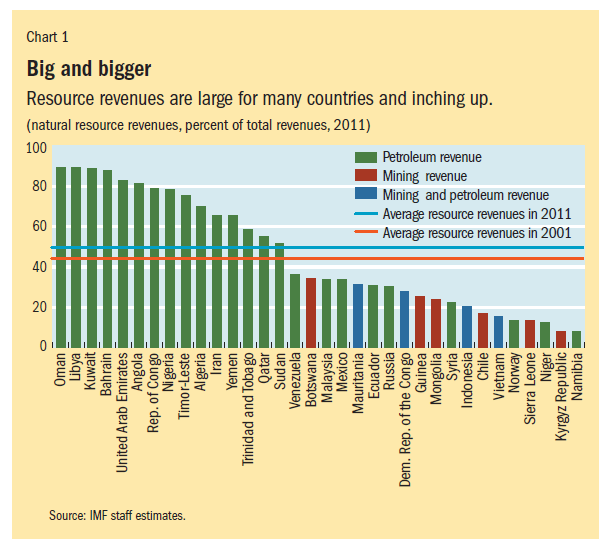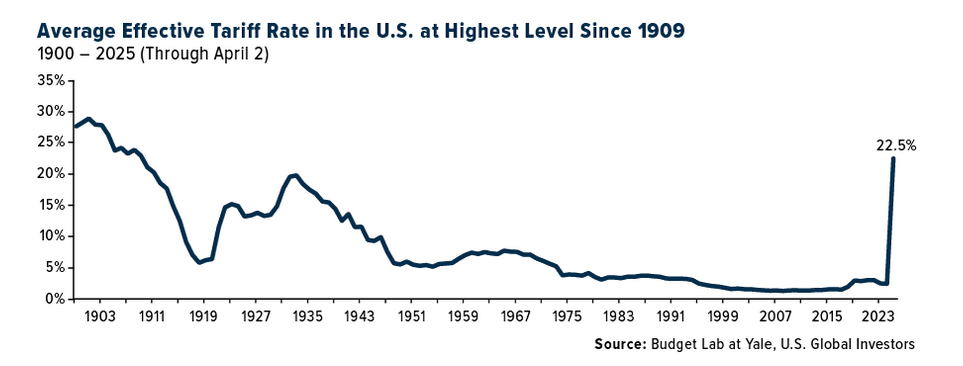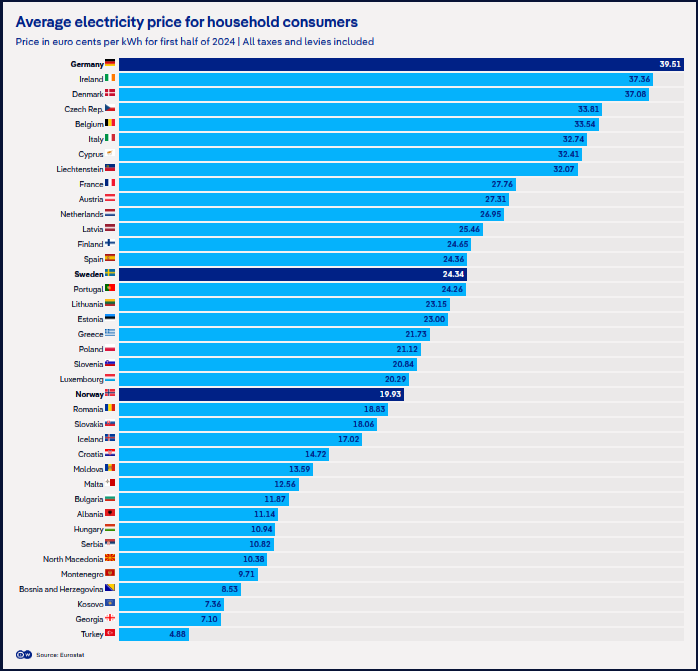Many countries depend on natural resources for generating revenues. However abundance of natural resources can be a blessing or a curse. Despite blessed with rich resources some countries remain poor. For example, Angola is the largest producer of oil in sub-Saharan Africa. Yet the country has the highest infant mortality rate in the world.
Certain countries like Botswana,Chile, Norway and the US state of Alaska manage their natural resources wealth well according to an article in the latest edition Finance & Development magazine published by the IMF.
From the article:
The experience of the success stories suggests that natural resource wealth management requires a commitment to three interrelated principles: fiscal transparency, a rules-based fiscal policy, and strong institutions for public financial management. For example, Norway and Alaska are models of transparency in the way they collect and budget natural resource revenue. This transparency helps people understand the use of resource wealth and holds political leaders accountable for their decisions. Chile’s fiscal rules protect resource wealth from the vagaries of political pressure, and its strong institutions are able to manage public investment. This helps transform natural resource wealth into productive assets, including infrastructure and human capital.
The chart below shows the natural resource revenues as a percentage of total revenues for select countries:
Click to enlarge
Source: Sharing the Wealth, Finance & Development, Dec 2014, IMF
According to this chart, petroleum revenues account for less than 40% of the total revenues earned by Russia.




